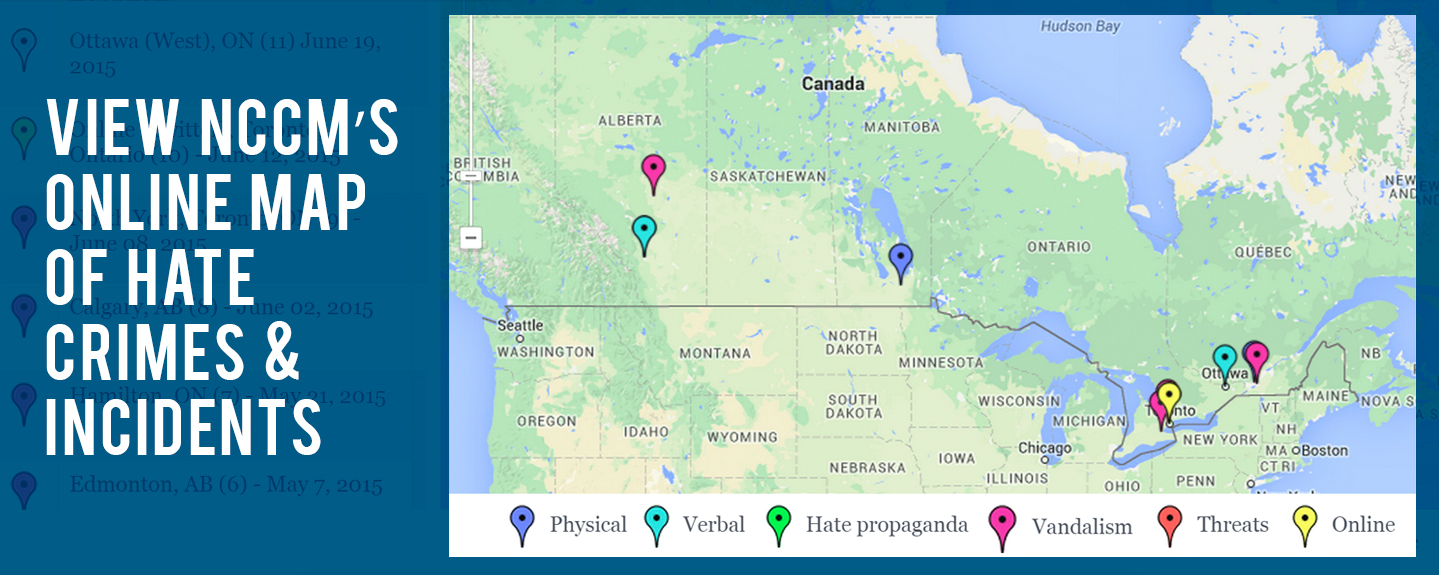ICLMG is one of the many supporters of the Protection Charter
Amnesty International & Fahmy Foundation – Some cases of Canadians detained abroad have received strong support at senior political levels, others virtually none. Some have been complicated or undermined by the fact that Canadian security or law enforcement agencies have been involved and even complicit. In some instances the Canadian government’s response has appeared to be tempered because of close economic, strategic or political ties with the foreign government in question; other times Canadian options have been limited because relations with the foreign government are strained. There is a growing perception that some Canadians who face human rights violations abroad receive less political support than others might, because of their personal, family, political or religious background.
Most recently the case of Mohamed Fahmy, wrongfully imprisoned in Egypt because of his work as a journalist, has brought into sharp focus the urgent need to reform and strengthen the laws, policies and practices that guide Canadian government action in such cases. The Canadian government frequently failed to press hard on Mohamed Fahmy’s behalf and to raise his case at senior levels, meaning his detention was prolonged and delays in ensuring he received necessary medical treatment while in prison have resulted in a permanent disability in his arm.
The need for reform is urgent because while Mohamed Fahmy is now safely back in Canada, in countries around the world other individuals remain wrongly imprisoned, face the possibility of execution, have been and may again be tortured, or are at risk of other human rights violations at this very time.
This Charter is being offered as an appeal to the Canadian government to commit to a reform process over the course of 2016 that will change practices, revise policies and amend laws as needed; all with an eye to strengthening Canadian efforts to protect Canadian citizens, permanent residents and individuals with close Canadian connections from serious human rights violations in other countries.
The 12 points of the Protection Charter:
1 Enshrine the right to consular assistance and equal treatment in Canadian law
2 Develop transparent criteria to guide consular assistance
3 Protecting Canadian journalists abroad
4 Actively defend Canadian nationality
5 Do not allow unjust foreign laws or practices to deter Canadian action
6 Establish an independent office for review of consular assistance
7 Consistent support for death penalty clemency
8 Institute review and oversight of Canadian national security agencies
9 Ongoing concerns after release: access to justice and freedom of movement
10 Ratify the Optional Protocol to the Convention against Torture
11 Develop an inter-governmental network
12 Establish guidelines for permanent residents and others with Canadian connections
Read the full Protection Charter here.



